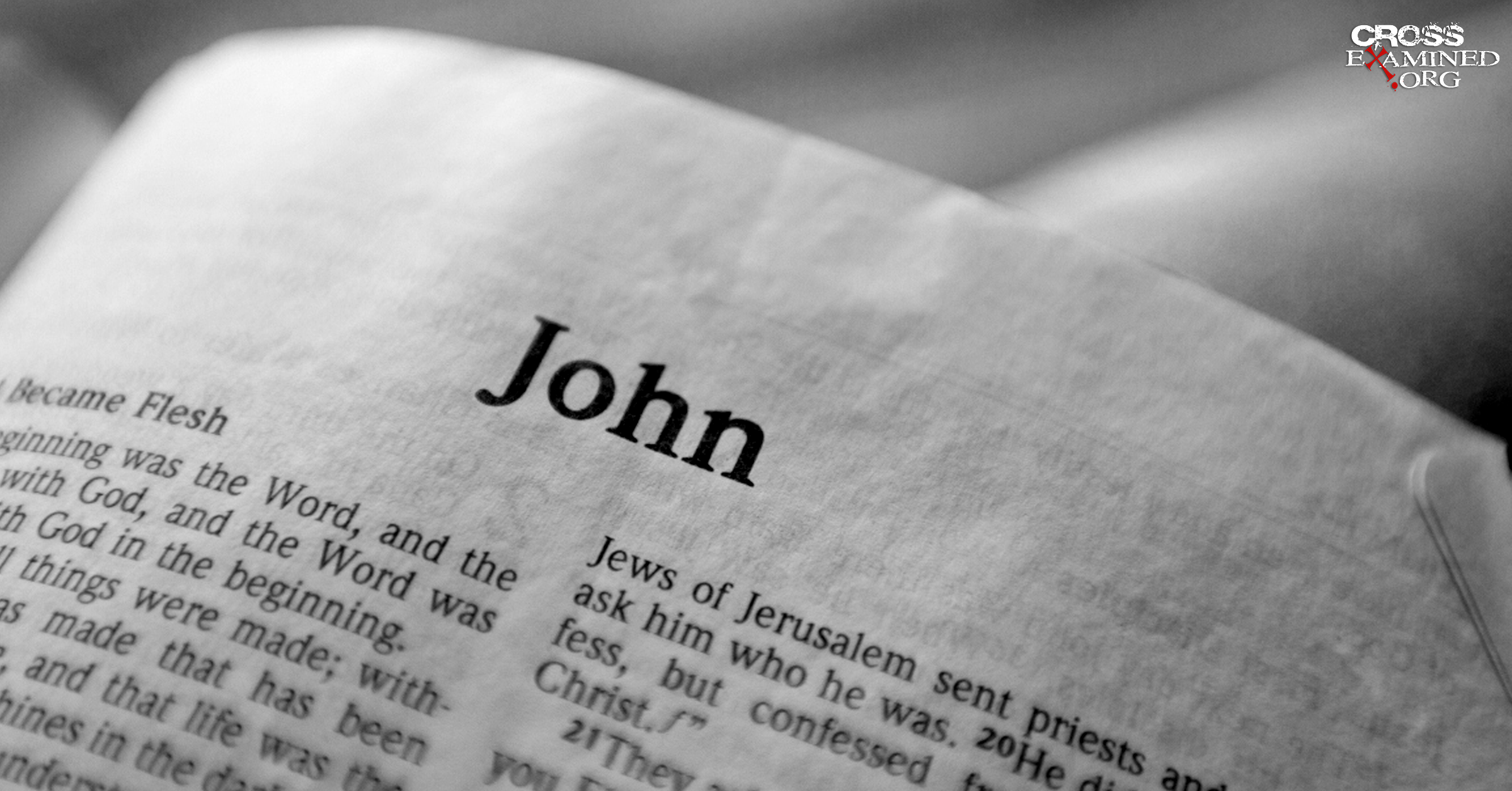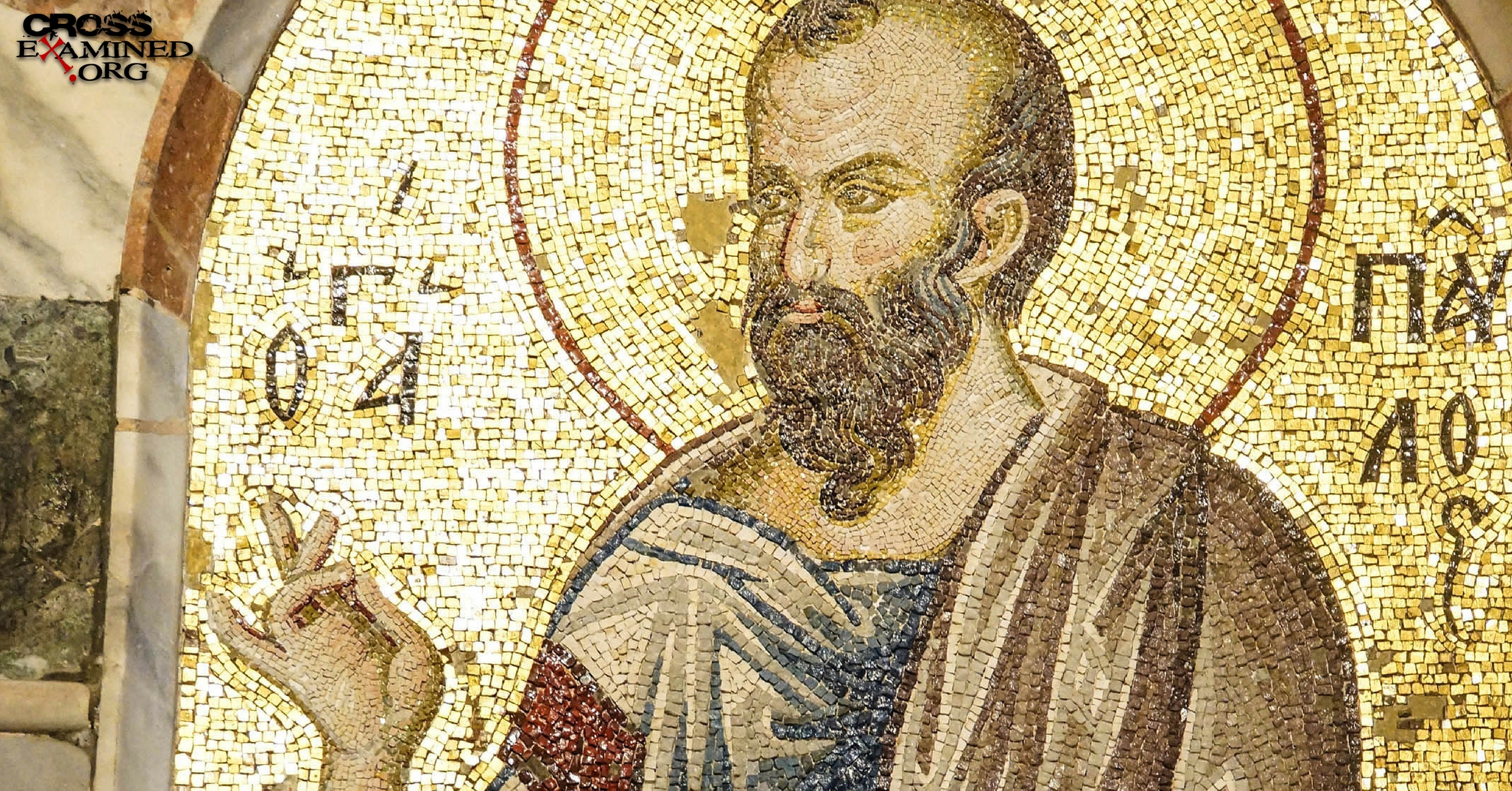What is the Role of A Priori Knowledge?
A priori reasoning originates from a Latin word which means, “beforehand.” Knowledge gained from experience is called a posteriori, and knowledge that doesn’t require experience is called a priori.[1] Our primary concern here is with factual knowledge. For example, Little Italy is located in New York on the East Coast of the United States, Plato lived in Athens, Greece, and Seattle, Washington, is in the Pacific Northwest. This type of knowledge is often referred to as “knowledge that” or propositional knowledge because it involves statements or propositions that are [or can be] certain to be true.[2]
There are compelling reasons to consider a priori knowledge as a valid form of knowledge. For instance, the statement “bachelors are unmarried men” indicates that a certain level of experience is needed to grasp the meanings of the words “unmarried” and “bachelor.” This notion is referred to as the conceptual containment theory of truth, which asserts that the concept of the predicate is inherently contained within the concept of the subject. [3]
Is reason enough to give us true knowledge about God?
A priori knowledge plays an important role in our understanding of truth. It is a type of knowledge that is independent of experience, meaning we can grasp its validity through reasoning alone. If a proposition can be known a priori, we can determine its truth merely by thinking about it.
Here are some examples of a priori knowledge:
- All unmarried men are bachelors.
- Two plus three equals five.
- All murder is wrong.[4]
These propositions rely on reasoning, and their truths are self-evident. We can recognize them as true because they are defined that way, with some, like the assertion that all murder is wrong, being particularly self-evident. [5]
The Ontological Argument
A priori reasoning aids us in thinking and reasoning. For example, the ontological argument for the existence of God employs a priori reasoning. It can be structured as follows:
- It is possible that a maximally great being exists.
- If it is possible that a maximally great being exists, then a maximally great being exists in some possible world.
- If a maximally great being exists in some possible world, then it exists in every possible world.
- If a maximally great being exists in every possible world, then it exists in the actual world.
Given that it is rational to accept the central premise of this argument, it follows that it is also rational to accept the conclusion.[6]
The ontological argument has been defended by many philosophers, including Alvin Plantinga, who believes that it is a strong valid argument, and that this a priori argument can give us true knowledge [if it’s a sound argument].[7]
The role of a priori reasoning is important not only in philosophy but also in mathematics and science. Although philosophers such as John Locke have contended that a priori reasoning alone may be inadequate for attaining true belief or knowledge, it is significant that many contemporary philosophers, including William Lane Craig, have successfully defended the use of a priori reasoning in their arguments. Examples include the Kalam Cosmological Argument and the Ontological Argument. These arguments illustrate the essential function of logical reasoning in the exploration and understanding of fundamental truths.
The Laws of Logic
The Laws of Logic are not based on a posteriori knowledge but rather on a priori knowledge; the laws of logic require the use of reason. For example: 1. If God did not exist, the laws of logic would be merely human conventions. 2. The laws of logic are not merely human conventions. 3. Therefore, God exists.[8] Some might argue that A priori being unavoidable is a contentious claim, but when you consider 10 + 10 = 20 this requires A priori reasoning, and you can know this independent of experience.
When it comes to gaining knowledge of God’s existence, I believe that we can know that God exists independent of experience (A priori), but I also believe that we can have knowledge of God experientially, meaning that God can be personally known.
References:
[1] Bruce Russell, A Priori Justification and Knowledge “Plato.Stanford.edu Accessed July 17th 2025
[2] Dan O’Brian, An Introduction to the Theory of Knowledge (Cambridge, UK: Polity Press, 2006), 4
[3] See, Brandon C. Cook, Plato.Stanford.edu/Subject Predicate Accessed April 29, 2025 [Editor’s Note: In a sentence, the “predicate” is the verb-phrase. It says something about the subject (noun/pronoun) of the sentence. For example, in the sentence “The cow jumped over the moon,” the phrase “the cow” is the subject, and “jumped over the moon” is the predicate.”
[4] [Editor’s note: The statement ‘All murder is wrong’ is a disputed example. Moral irrealists, a.k.a., moral relativists, are can argue that it’s only wrong sometimes, relative to the situation.]
[5] See DePaul, Hicks, in https://plato.stanford.edu/entries/epistemology/ [Editor’s note: Again, this is a disputed example. Moral theorists don’t have to grant a priori status to the statement “all murder is wrong.” It could be an intuition, strongly held belief, faith-claim, etc, and it could even be true moral knowledge for other reasons that are’t a priori.]
[6] Rasmussen J., 2018 in G. Oppy(ed), Ontological Arguments, Cambridge: Cambridge University Press, pp. 276 [Editor’s Note: The Ontological Argument, even in this “possible worlds” framing, remains a deeply disputed and unresolved line of argument. To my knowledge – Dr. John D. Ferrer – it’s not considered a sound argument by any atheistic, agnostic, deistic philosophers of religion, and it’s not even considered a sound argument by an strong majority of theistic philosophers. Nevertheless, it is an important part of the philosophy of religion, in part, because it demonstrate a potential application of a priori reasoning. If this argument is sound, then the definition of God is basically sufficient evidence, by itself, to conclude that God exists.]
[7] [Editor’s Note: An argument is “sound” if it is valid and it’s premises are true.]
[8] Craig, William Lane. “Do the Laws of Logic Provide Evidence for God?” The Good Book Blog – Biola University Blogs. Last modified May 3, 2024. Accessed May 3, 2024. https://www.biola.edu/blogs/good-book-blog/2017/do-the-laws-of-logic-provide-evidence-for-god.
Recommended Resources:
Your Most Important Thinking Skill by Dr. Frank Turek DVD, (mp4) download
How Philosophy Can Help Your Theology by Richard Howe (DVD Set, Mp3, and Mp4)
When Reason Isn’t the Reason for Unbelief by Dr. Frank Turek DVD and Mp4
Counter Culture Christian: Is the Bible True? by Frank Turek (Mp3), (Mp4), and (DVD)
As the newest member of Bellator Christi, Seattle native, Justin Angelos, brings a passion for evangelism and discipleship along with theology and apologetics. He has studied at Biola University and Liberty University. Justin focuses on providing help for those who suffer from emotional and anxiety issues.
Originally posted at: https://bit.ly/4mNLiub










